Iran says IAEA’s ‘preferential treatment’ of Israel gives regime ‘audacity to ridicule’ nuclear agency
Iran has reaffirmed its call on the UN nuclear agency to stop a “preferential treatment” of Israel, which has given the regime the “audacity to ridicule” the watchdog and press ahead with advancing its nuclear weapons program in defiance of international calls.
Iran’s permanent representative to Vienna-based international organizations, Kazem Gharibabadi, made the call in a letter addressed to the director general of the International Atomic Energy Agency (IAEA), published on the website of the agency on Wednesday.
In his letter to Rafael Grossi, the Iranian envoy underlined the need for an “indiscriminate” implementation of the IAEA safeguards as well as the Non-Proliferation Treaty (NPT) throughout the world, especially in addressing Israel’s nuclear threat.
“It is a clear contradiction that a non-member of the NPT is enjoying the full rights and privileges due to its membership to the IAEA, while at the same time, it considers itself free from any responsibility, and participates in all deliberations of the Agency related to members of the NPT. This is a very serious shortcoming and failure in the work of the Agency, which should be addressed properly,” said the letter.
It added that “Israel is now even enjoying a more preferential treatment as compared with that of the Nuclear Weapon States, since they are members to the NPT and have several obligations specifically under Articles I and VI of the Treaty, while for being still out of the Treaty, Israel is free from any obligations under the Treaty, and enjoys all advantages of the IAEA Statute which are interlinked with the NPT.”
The Iranian envoy raised the alarm that the IAEA’s “policy of silence and negligence” about Israel's nuclear program and the “inaction policy” in this regard will send a negative message to the members of the NPT that "being a member of the Treaty equals accepting the most robust monitoring and verification, while being outside the Treaty means to be free from any obligation and criticism, and even be rewarded.”
He underscored that such a situation has even given Israel the “audacity to ridicule the authority and mandate of the Agency in preventing the diversion of its nuclear materials and activities,” expressing regret that the Tel Aviv regime has alos become “so cynically bold as to manipulate the realities and criticize other Members of the NPT on the account that they have obligations due to their membership in the Treaty, but Israel has not.”
Gharibabadi said that given the status quo, the issue of universality of the NPT and specially the nuclear weapon capability in the Middle East should “be dealt with without any prejudices.”
“The IAEA must be honest about Israel's nuclear arsenal and act based upon facts on the ground to show that the universal adherence to the NPT still remains a fundamental objective of the international community,” added the letter.
Unfortunately, the letter said, the favoritism towards Israel has led the regime to even threaten others in the Middle East and “obstructed all initiatives to free the region of the Middle East from weapons of mass destruction, and in particular from nuclear weapons.”
To guarantee non-proliferation, the Iranian diplomat highlighted that the IAEA has no choice but to take appropriate measures to ensure that Israel places all its nuclear installations under the Agency's safeguards and accedes to the NPT as a non-nuclear weapon party.
He also called on IAEA member states to fully comply with their obligations under Article II of the Statute of the IAEA and “refrain from any technical cooperation with Israel” to ensure that the assistance is not used in such a way to further any military purpose.
“ … development of a clandestine nuclear weapon program by Israel poses a continuing serious threat not only to the security and stability of the region and the world, but also to the effectiveness and efficiency of the NPT and the Agency's safeguards regime,” the envoy said, noting development of nuclear explosive devices of any kind by anybody should be rejected “promptly and without any prejudices.”
Israel is believed to be the sole possessor of nukes in the Middle East and estimated to have between 200 and 400 nuclear warheads in its arsenal. The regime, however, pursues a policy of nuclear opacity under which it neither confirms nor denies possession of nuclear arms.
Apart from Israel, Saudi Arabia’s nuclear ambitions have also prompted worries in the global community over the past few years, especially after Saudi Crown Prince Mohammed bin Salman hinted in 2018 that the kingdom may go for nukes.
Tel Aviv’s clandestine nuclear program and Riyadh’s nuclear ambitions come while the two regimes accuse Iran, which is among the first nations to sign the NPT, of nuclear diversion.
This comes as IAEA inspectors have on numerous occasions inspected Iran’s nuclear locations.
As a further step to show its goodwill and commitment, Iran agreed in August 2020 to voluntarily provide the IAEA’s inspectors with access to the two locations specified by the nuclear watchdog.
Hamas: Israel escalating ceasefire violations in Gaza
Venezuela's government declares unwavering unity behind Maduro
VIDEO | Global outcry over Venezuela president abduction
Iran keeps wheat import subsidies despite cutting other food supports
Venezuelan military stands with acting president after US kidnapping of Maduro
VIDEO | Press TV's news headlines
VIDEO | Protesters in Toronto slam US kidnapping of Venezuelan president
Israeli troops detain, intimidate Palestinian toddler in West Bank


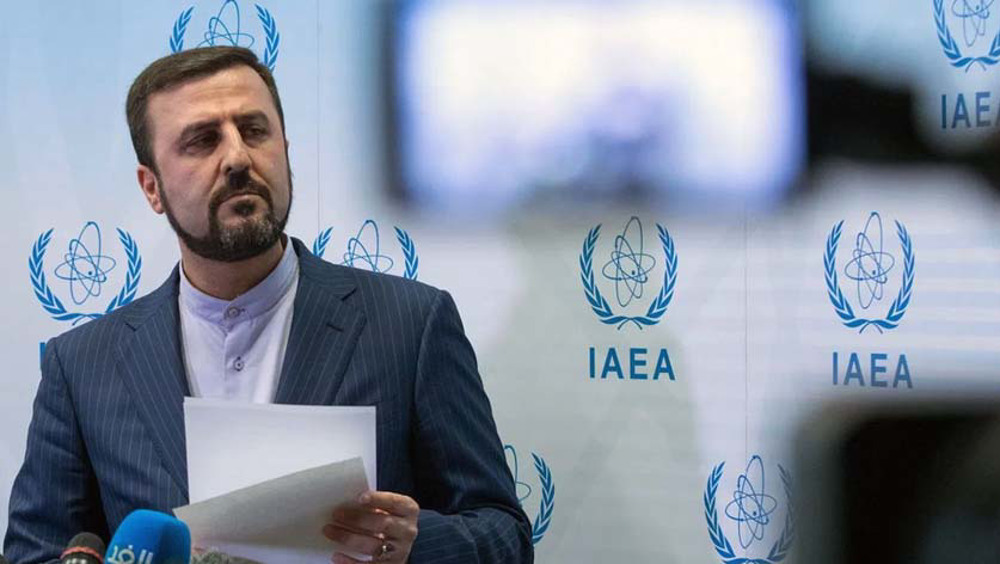


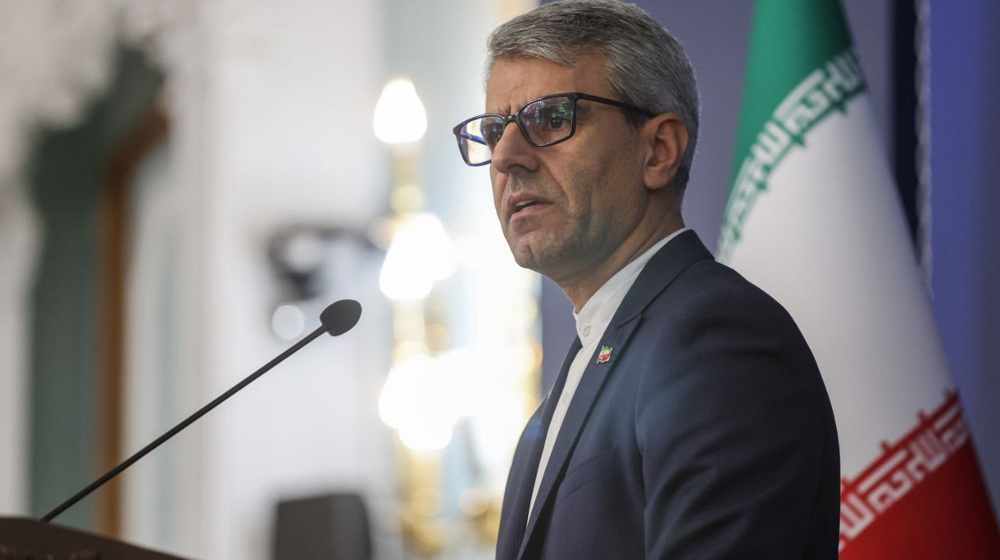
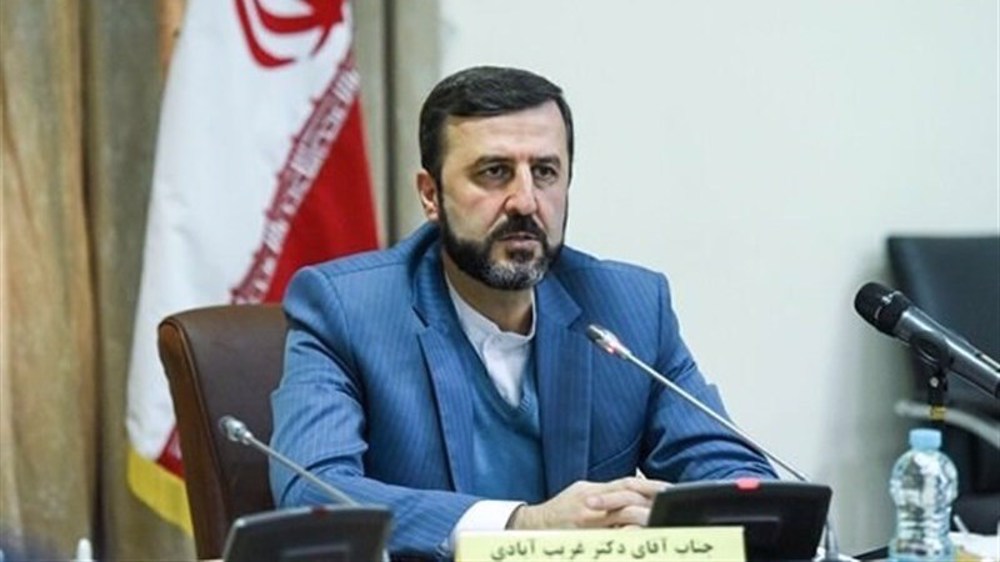



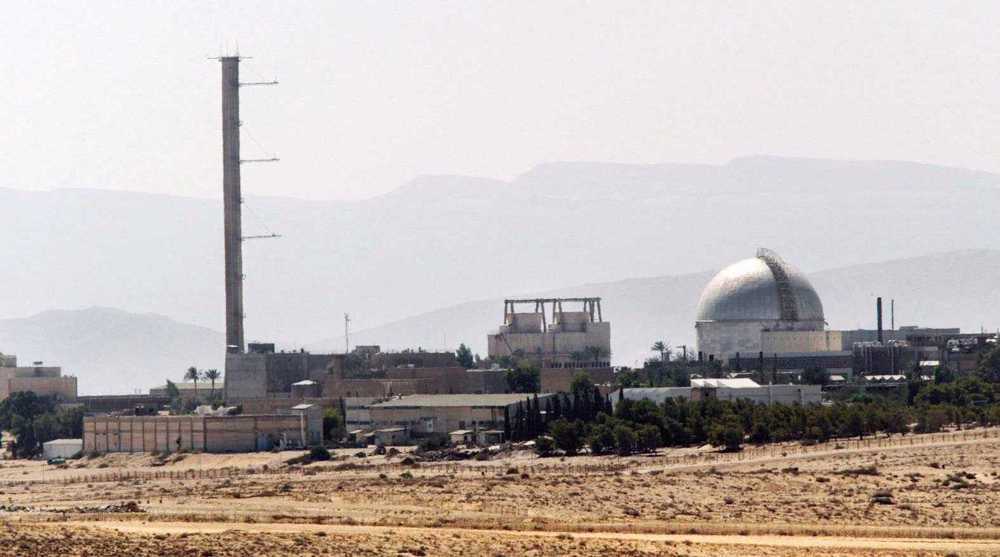
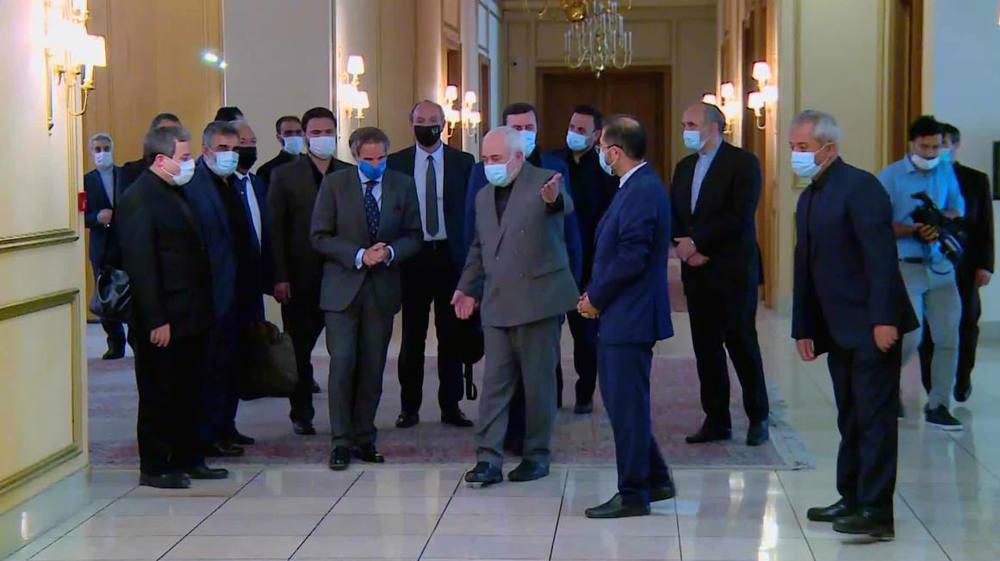

 This makes it easy to access the Press TV website
This makes it easy to access the Press TV website